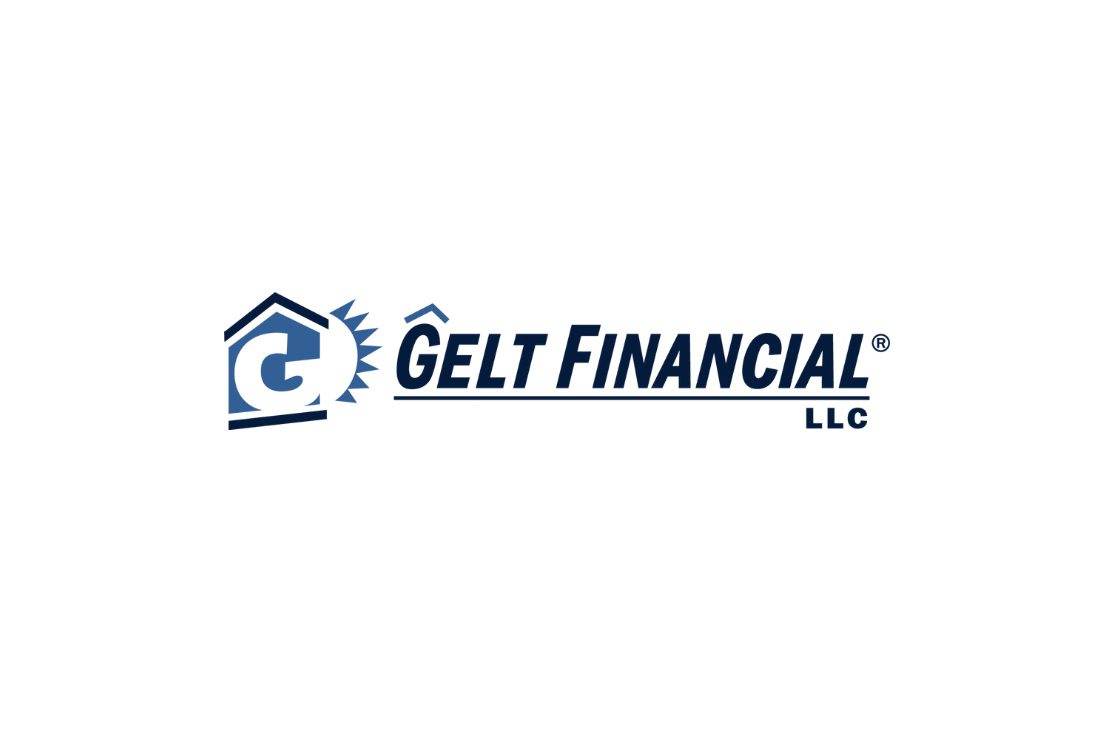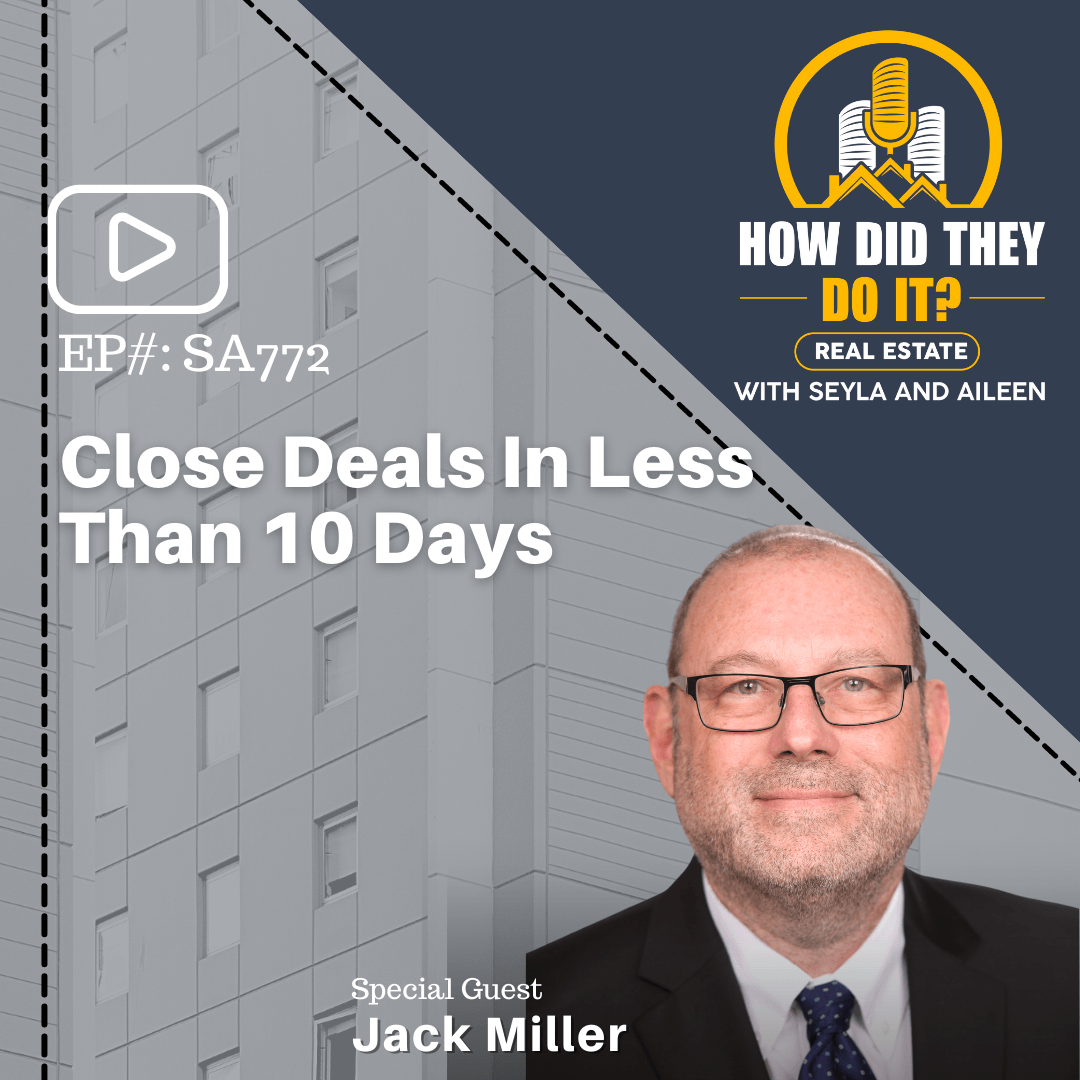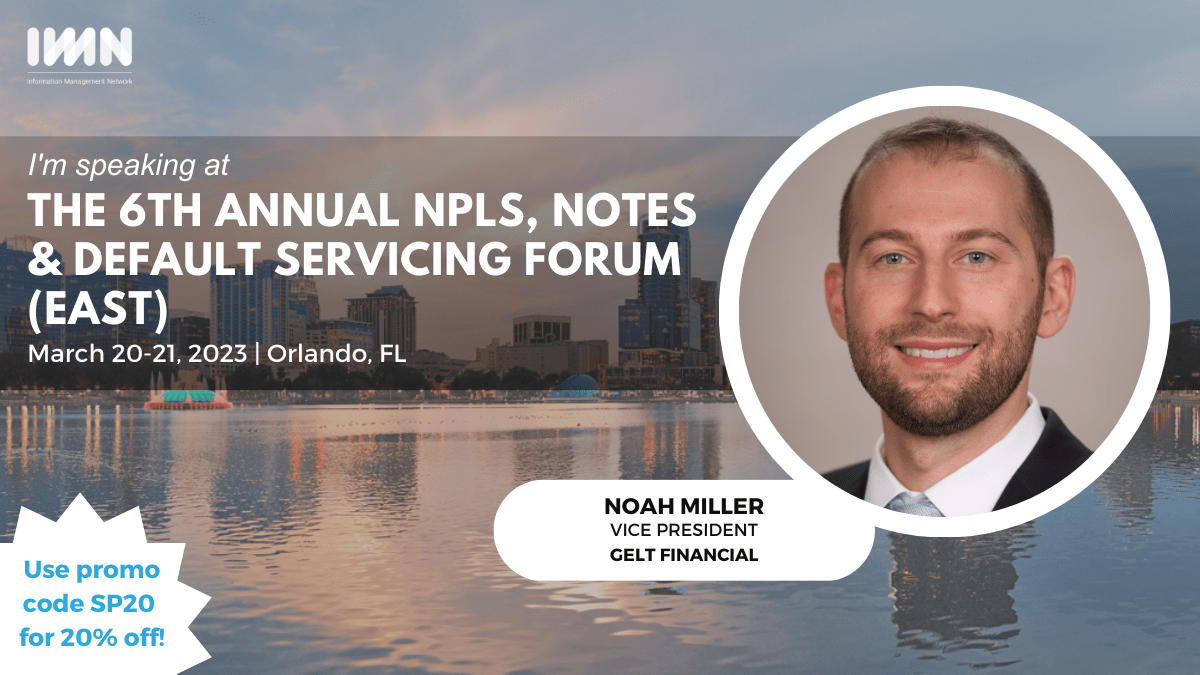Jack Miller Gelt Financial’s founder talks about how to become a commercial mortgage broker. Gelt has been helping commercial real estate and investment borrowers since 1989. When your bank says NO, we say YES!
“Hello, this is Jack Miller at Gelt Financial. I’m often asked, “How do I become a commercial mortgage broker? What’s involved with becoming a commercial mortgage broker?” So, I thought I would talk to you about it and give you some ideas or set you on a path. First, I have to tell you that I’ve been in the mortgage business now for my whole entire adult life, and I really loved it. I only hope that it gives you the joy and satisfaction and affords you all the great things that it’s afforded me. So, I’m passionate about people getting into the mortgage business, and I’m going to talk to you about what’s involved, and to be specific, here about getting into it from a commercial point of view.
What’s involved with being a commercial broker? So first, you have to define what are your goals. What do you want out of being in the mortgage business? Do you want to do it full-time? Do you want to do it part-time? Do you want to work from your home? Do you want to go to work for somebody else? You want to do it full-time, part-time? Figure out what your goals and your desires are. You may want it just to make some extra income. You may want it to fully support your family. So, each, depending on what you want, will determine the best way to do it. So, start thinking about that and keep that in the back of your mind. I would come up with a plan as you’re going. Keep in mind most business plans, they’re not static plans, plans, business plans are ideas that are walking, breathing, living documents that change all the time. Every time you get new information, which is constantly, you’re going to be changing your business plan and adjusting it. Some of them are going to be radical changes, too, and some of them are, but constantly. I would put a business plan down in writing and then constantly change it and update it as you get information. But again, I would identify your goals. I would identify your desires, what you like and what you don’t like to do and focus on what you like to do and what you don’t like to do. Find a way to get it done, maybe by outsourcing or bringing somebody else in and build a plan around that. “What are you good at? Are you really good at sales and networking? Then focus on that and build a plan. Have somebody else do the other stuff.
Check on licensing. In most states, I think about 42 states, you don’t need a license to be a mortgage broker but check with your state and where you want to do business, so you’ve got a better handle on it. Obviously, if you need a license, gotta get one. But again, I think there’s about 42 states, forty-something states where you don’t need a license but check for yourself. The main thing is there’s a bunch of stuff we’re going to go through that I think you need to do, but the main thing is you need to learn. You need to learn the terminology, you need to learn the forms, you need to learn underwriting, you need to learn appraisals, credit, guidelines. I would learn as much as you can. Read books, YouTube videos are great. There’s a million videos like this out there that you can learn something from everyone. What I think you don’t want to do is you don’t want to start day one not knowing anything. I speak to people all the time, and I’ll ask for something like I’ll send an email, and I use abbreviations, because I’m always rushing. ‘Please send a PFS’ which is a personal financial state, and they say, ‘What’s that?’ Or I’ll say, ‘Please send an application.’ ‘What’s that?’ So, you should try to get an understanding of the lingo and what’s needed in the business. I can’t stress that enough. I would be like a sponge and soak everything up. And one of the good ways to do this is there are a lot of wholesale companies out there like Gelt Financial, who does this, who works with mortgage brokers. We probably get 60%, 70%, 80% of our business depending on the month from mortgage brokers. So, we’re always looking to work with mortgage brokers and build closer networks with them and closer alliances. And the companies, the wholesale companies, will supply you information.
What are some of the things that I would do is would pick 3, 4, 5, 6, companies not more than that, and really learn their products. You know, really dig in and dive in. What they’re looking for. You know, some companies, for example, do construction loans, most companies don’t. So, you don’t want to send a company who doesn’t do construction loans, a construction loan. But the company that does construction loans, you know, learn everything you can that they’re looking for and try to find a loan that meets their criteria. It’s all about putting a round peg in a round hole or a square peg in a square hole. Try as best you can to learn and to figure out what the wholesale lender or your source is looking for, and they will provide you a lot of information, tons of it. Soak it up, ask questions. I would be on the phone with these account officers, you know, half-hour at a time, popping them with different questions, because the more questions you ask upfront, the more that you’re going to learn and the better prepared you’re going to be. And you want them to think of you as someone who knows what they’re doing. You don’t want to come off as a newbie and someone who doesn’t know what they’re doing and someone who hasn’t taken the time to learn. So, I would focus on the companies, learn them, and you can go to Scotsman’s guide or any of those million publications out there that everyone lists their wholesale rates and their products there. So, I would focus on that.
You will also have to decide what kind of broker you want to be. There are some brokers, for example, who just focus on everything. They’ll take a lead and will try to find a source for that lead, whether it be a construction loan, an accounts receivable loan, or a bridge loan. They’ll try to find it. Then there are some brokers who just focus, maybe they focus on life loans, or CMBS loans, or bridge loans, or debtor-in-possession. But they just focus like a laser beam. So, you have to figure out where you want
to be, and a lot of that will depend on how you’re getting business. I’ll talk more about marketing, what kind of leads you’re going to get, what you’re going to look for in the beginning. I would sort of learn everything and just take it one step at a time on that. You know, again, I always look at, do you want to be product-driven? So, what that means is, you may have 3 or 4 products, and that’s all you’re selling. If somebody comes to you and they fit in the 3 or 4 products you’re looking for, those borrowers, if they don’t fit those products, the deals fall off by the wayside. But your laser beam focused on those products. Or are you borrower-centric, which means you get all the borrowers in, and then you find the products for the borrower. So, it’s, what are you going to live with? Are you going to live with the borrower, find the products the borrowers need, or are you going to live with the products and find the borrowers for those products? Two different styles, tremendous different styles. A lot of that, there’s no wrong or right. It’s what you want to do, its personal, just personal preference, really. There’s no wrong or right with that.
A couple of other things, you know, there are a lot of different types of lenders in the commercial space. I know guys and gals who just focus, for example, in CMBS and life loans, maybe 5 million and up. Yet, I know people who just focus on deals a million and lower. There’s not one wrong or right, it’s what works for you. There are advantages and disadvantages of both. Again, there are people I know who just focus on, for example, loans to nonprofits or loans to farmers, agricultural loans, all kinds of niches out there. Again, if you’re just thinking about it now, I would say it’s too soon to focus on this but start to think about what you want to focus on, if you want to focus at all. That’s up to you, but you may want to start thinking about it and become a master of the business. And when I say that, take everything you could read every guideline and learn it, learn it, learn it. Be the master, learn to do an appraisal better than the appraiser. You should learn how to values and how to look at appraisals, and you know, because the more you master it, the better you’re going to be.
You know, the mortgage business is kind of an interesting business. I’ll tell you some good news and some bad news. The good news is the barrier to entry is very low. You really don’t need anything to enter the mortgage business. You know, you need some time, and that’s it, an email address, a website, nothing. The bad news is the barrier to entry is very well. So, it lets other people get in as well. If you have a low barrier entry, a lot of people coming in. But what happens in the mortgage business? Most people don’t make it past a year or two. You know, longevity is something you really don’t see that much in the mortgage business because most people want that quick hit. They’re not prepared, frankly, to learn, and to learn from their mistakes. You know, they’re looking for that quick hit. They think you’re gonna come in, you’re going to do a deal for whatever it is, you’re gonna make a fortune, and that’s it. That’s not reality. You know, I get calls from people all the time. ‘Oh, you know, we’re looking to do a deal for— you do international loans’ or believe it or not someone calls last week, the broker had zero experience, didn’t close any loans. I can almost guarantee never close loan and he was talking to me about a 50 billion, a billion with a ‘b’ loan, and it was such a waste of time. This guy’s just wasting his time. He’s holding on to some fantasy. He’d be better off closing a $200,000 loan where he can make some money.
So, again, the low barrier to entry is good and bad. It’s good when you want to get in, but it’s bad because it lets a lot of people come in, and most don’t know what they’re doing. The other side is most people do not stick around and learn. So, my advice to you would be to learn everything you can, change with the times, and stick with it. It takes time to learn a profession, and this is a profession. You know, get to learn vendors, know who the vendors are, become friends with the vendors because make your vendors your assets and their tools.
A lot of corporate stuff you have to do, obviously. You know you have, you need an LLC, or maybe you don’t need an LLC, but I would encourage an LLC. I would encourage your website, you know, email. All that stuff, that’s all kind of, I don’t want to waste your time on that. I would really focus on the type of products you want to do, learn the terminology, put a business plan together, decide what you want to do. And marketing is critical because it’s really, you could be the best mortgage broker or banker in the world, but if you don’t have deals, you’re not doing any business. So critical is how are you getting deals, and you have to answer that. You know, do you want to get, are you gonna advertise, are you going to do postings on Craigslist, are you going to do direct mailers, are you just going to work referrals, you’re going to work realtors, you know, you blog posters, there’s 30, 50, a hundred ways to get advertising, and the Internet has been an equalizer with that to a certain degree. But you have to figure out what, how much, how you’re going to advertise. But it sort of all ties in because in order to figure that out, you have to figure out what kind of deals you’re looking for. So, I kind of feel like I’m rambling on, and I really should explain there’s more thought. I will do another one, but I just wanted to get this out there and give you some broad brushes about what’s involved with getting in the mortgage business.
And call us anytime at 561-221-0900. Check us out at Gelt, geltfinancial.com. We’re non-bank small commercial lenders, doing deals from 100,000 all the way up to 5 or 10 million. Get equity, all kinds of stuff. I check us out on the web, geltfinancial.com. I’m Jack Miller. Don’t forget to like the YouTube, like our channel so you’ll get notified, and I’ll put another one together that’s a little more thought-out. I promise. Thank you.”
Category: Mortgage Brokers
























